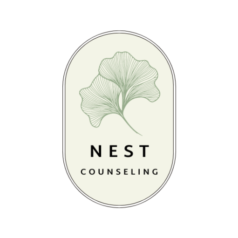After giving birth, it’s natural to experience a mix of emotions—joy, exhaustion, and sometimes even sadness. For many new mothers, these mood swings are part of the “baby blues,” a temporary adjustment period in the first two weeks postpartum. The baby blues often involve mild mood changes, tearfulness, and feelings of overwhelm, but they typically ease on their own.
Postpartum Depression (PPD) is different. Affecting roughly 1 in 8 mothers, PPD lasts longer and has more intense symptoms than the baby blues. PPD may cause deep feelings of sadness, disconnection, or irritability. Many mothers also struggle with fatigue that isn’t relieved by sleep, difficulty concentrating, or feeling as though they’re failing as a parent. These feelings can impact daily life, making it hard to bond with your baby, communicate with loved ones, or focus on work and personal responsibilities. You may find yourself avoiding friends and family or feeling constant guilt that makes it difficult to enjoy time with your baby.
It’s important to remember that PPD is not your fault. Various factors, including a personal or family history of depression or anxiety, limited support, a traumatic birth experience, and hormonal changes, can all increase the risk of PPD.
The good news is that with help, PPD is manageable. Therapy, particularly with a perinatal-trained therapist, can be transformative in navigating these challenges. At Nest Counseling, we specialize in supporting new mothers through these transitions, offering a safe space to address these experiences. If you’re struggling, reach out—healing is possible, and you don’t have to face this journey alone.
